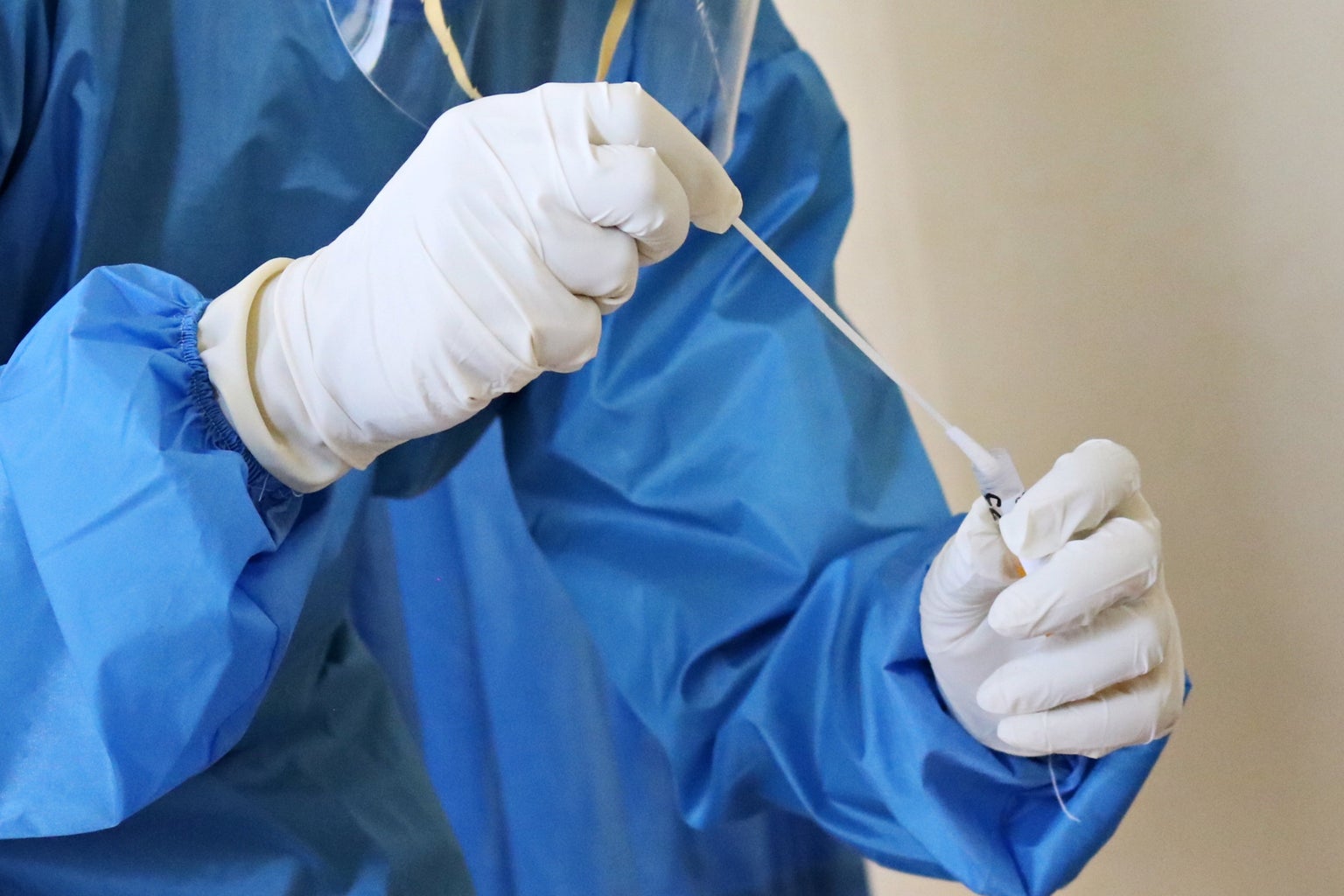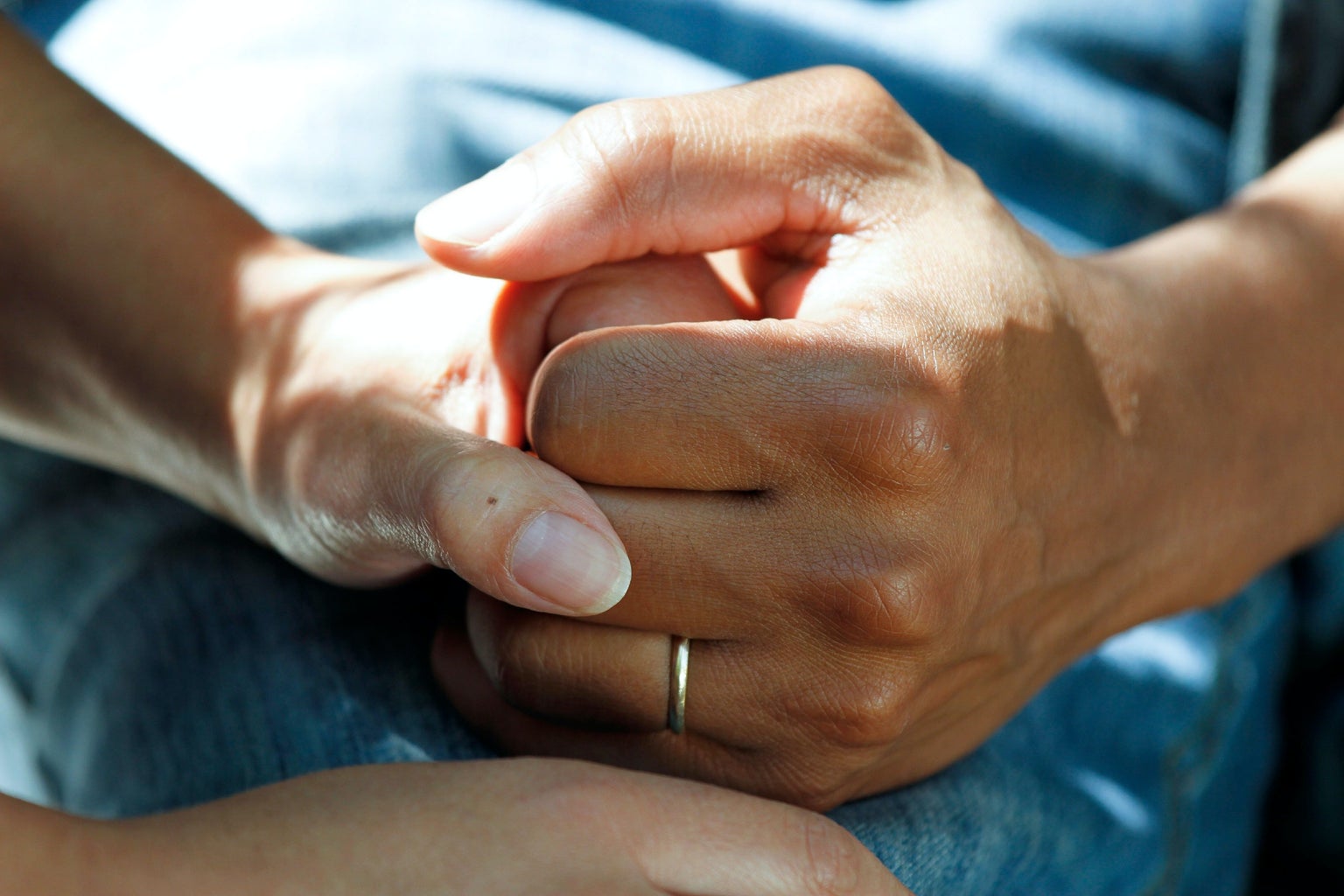It’s only been a few weeks and I already have so many thoughts.
The key addition in the second year of McMaster’s nursing program is clinical placement; an opportunity in which nursing students can implement the skills they learned in lab in a clinical setting. Despite this transition being absolutely mortifying, it’s necessary to gather such early experience in order to build confidence for when one is an independent, actual nurse. I put in my preferences in terms of the area of my placement and got put on the medical-surgical floor at a local hospital, which I was thrilled with as the floor contains a wide range of conditions, illnesses, and equipment, which allowed me to widen my scope of experience. Going into my placement, I was terrified of the idea of taking care of real human beings–not actors being paid into pretending to be a patient with an illness. At first, the humanity in my patients scared me–you’re telling me I am responsible for their literal life? Yet, as I continue to learn and grow in my placement, I realize how the idea of humanity is lacking in healthcare–the theme that all nursing professors have pushed onto us throughout my first year.
In this article, I’ll reflect on my experiences and the major lessons I’ve learned from them in hopes of spreading awareness of the perspective of a nursing student in humanistic caring.
The first patient I’ll talk about I met on my first day of placement and a few weeks later I saw him again. Although he was never my assigned patient, we help nurses in the area take care of their patients whenever they need help or want to show us something. The first time I met him, I heard yells and moans coming from a room, which got louder over time. Eventually, I saw him come out of his room–an older man–and look around as if he was searching for company.
Upon seeing me, he walked closer with a smile and reached out his hands as if he wanted me to clasp my hands on his, which is exactly what I did. He would dance and joke around with nurses, and loved to touch their faces and hands. I quickly figured out he wasn’t very verbal, yet he seemed to understand what was directly going on around him or being asked of him.
A few weeks later, I learned more about his situation. He had been in the hospital for a while due to no long-term care home being willing to accept him and no family had come around in a while. A nurse told me his son abandoned him at the hospital with nothing but clothes after his confusion had gotten worse. It’s suspected the man was neglected by his son, with a nurse telling me that the son would lock his father in a room. I learned that family abandoning their relatives at hospitals was an unfortunately common thing and that patients have complex histories that are important to consider when taking care of them. Thankfully, many of the nurses treated him well despite his yelling, occasional aggression, and confusion.
The lesson I carried away was the significance of patient narratives in their care and the need for creating and enforcing compassion when taking care of behaviorally challenged patients.
The second patient was also not my assigned patient, yet I wanted to take care of her because she allowed for opportunities to practice more “intimate” caregiving, including brief changing and wiping. She was an ICU step-down, meaning she moved from the ICU to the med-surg floor, with her main problem being her limited mobility due to her shortness of breath on exertion.
She would continuously thank me for caring for her, calling me “sweet” among other things. After my break, I came back to check on her and her face lit up when she saw me. “I’m so happy to see you. I’ve been calling the call bell and no one has been helping me,” she said. I was reassuring her, yet secretly frustrated. Another reason I took over her care was because the nurses were complaining of how often she needed her briefs changed, with one nurse saying she had “ICU syndrome” evidenced by her calling the call bell too much. The nurses, who were registered nurses, complained about the lack of personal support workers (PSWs) to do tasks such as changing, feeding, and more.
Of course, I understand the numerous responsibilities and tasks they have to manage, however, is it really that hard to put aside a few minutes to change the patient’s briefs? Also, the patient was not lying. Her used briefs were heavy and warm, and she was keen on being hydrated by drinking lots of water. Who would want to sit in their soiled underwear for hours at a time?
The lesson I carried away was to learn from nurses as examples of who you don’t want to be and to advocate for patient comfort to set up the best possible outcomes for them. It was the highlight of my day to be able to detangle her hair, refill her water, and clean her–the basic and humanistic components of caring.
The last patient I’ll talk about was my most recent experience and honestly the most influential so far. I was documenting the findings of my head-to-toe assessment of a patient with another student nurse when all of a sudden we heard screaming and yelling coming from a room: “Stop it! Aaaaahh! It hurts!” My friend and I looked at each other in concern, wondering what was going on behind that room’s closed doors. Eventually, a nurse and two guards came out in full contact protective equipment, including a gown, gloves, and a visor. We were then asked by the nurse to help her treat this patient in applying ointment to his body to treat a highly contagious skin infestation called scabies. The infestation was widespread all over his body, and the ointment would cause a burning, painful sensation due to the sensitivity of his skin and the presence of numerous open wounds. The guards also indicated that this man was an inmate and struggled with schizophrenia.
The mental conflict that proceeded to ensue was genuinely horrible. We needed to rub this ointment all over his body as he screamed in pain and was held down by physical restraints and the guards. I knew we needed to do this (although upon research, I hope they switch to an oral treatment due to the severity and widespread infestation) but part of me felt horrible for the pain I was causing him. When we were done, he asked for orange juice, and I knew I was going to get this man some orange juice as a reward. Unfortunately, we had run out and I had to dilute thickened orange juice, which didn’t end up tasting very good, but I figured at least he would have something. After more documentation, I heard him yell again for his handcuffs to be removed. I looked over at the guards who chuckled and admitted they forgot to take off some of his physical restraints and proceeded to do nothing about it and continued to scroll on their phones.
For some context, in nursing school, there is so much literature and knowledge passed down to us that describes how harmful physical restraints are and how they negatively impact patient outcomes. Now obviously, they still can be useful as last-resort options, however, the easy dismissal of physical restraints from the guards really threw me off guard as I knew in my clinical expertise that it is essential to limit the time patients spend in physical restraints. I even had to advocate for him to get gauze for a wound that was being caused by the handcuffs, and I’m the student! How was everyone okay with the clear pressure wound the handcuffs were causing?
Also, (last point I promise) how did this infestation get this bad? Not only was it widespread but it was a specific form called crusted scabies which is the most severe manifestation of the infestation. I couldn’t help but wonder if his symptoms were not taken seriously due to his schizophrenia or status as an inmate. The lessons I carried away from this experience were how the stigma around inmates and people with mental illness can debilitate their care and the significance of advocating for such patients when others aren’t.
As a nursing student, I have the time to slow down and get to know the patients I’m caring for. So many people want conversation, an acknowledgment beyond their reason for admission. The humanistic component of caring has been lost in the overwhelming workload each nurse has in a routined day of assessments and administering medication.
Especially as an aspiring psychiatric nurse, a key to caring is being caring!
I thus believe for significant change, we must target the systemic level. Institutions should include a mandated focus on the humanistic aspect of caring for all patients, and integrate more mind-stimulating activities, whether through conversation or games, in the healthcare environment.





